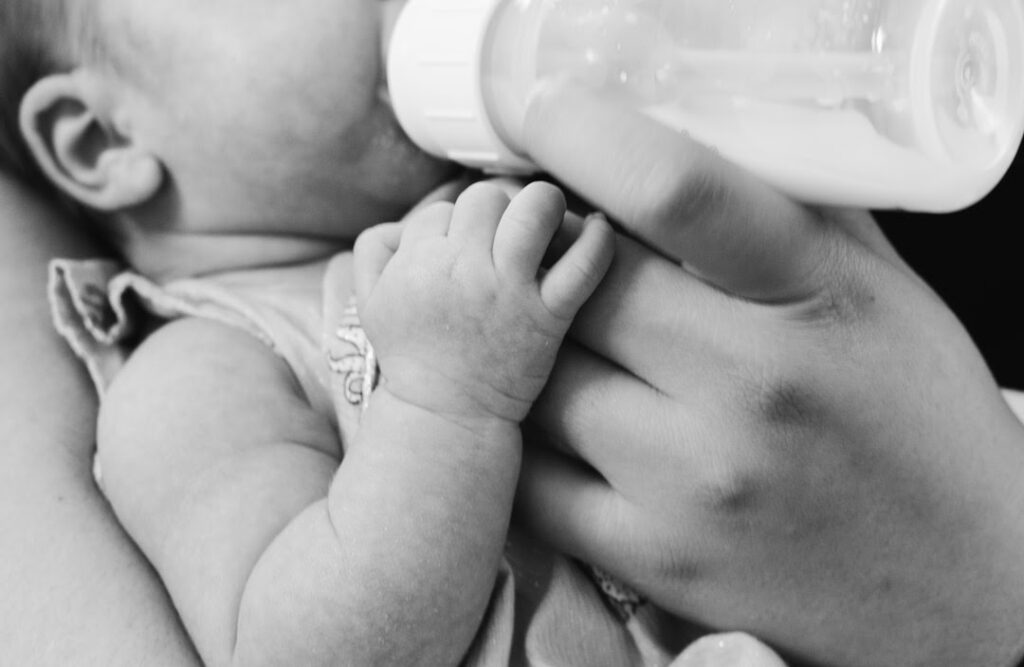Many parents have likely been hearing more about necrotizing enterocolitis recently. This is in large part due to ongoing litigation centered around products that can increase your baby’s risk of developing this serious disease. Anyone unfamiliar with the lawsuit, which seeks to provide parents whose children experienced NEC as a result of toxic baby formula with appropriate compensation for the damages they suffered, should definitely make an effort to educate themselves further. If you need more information, keep reading for answers to some frequently asked questions about the NEC lawsuit.
How can you find out more about current NEC litigation?

You may or may not have heard about the current NEC lawsuit, but it’s an important topic that every parent should be informed about. The lawsuit is focused on securing compensation for parents who had an infant diagnosed with necrotizing enterocolitis after receiving bovine-based (cow’s milk) baby formula in a hospital or neonatal intensive care unit (NICU). If you believe you may be eligible to file a claim based on this criterion, it’s a good idea to reach out to an attorney with experience handling NEC cases as soon as possible.
What is necrotizing enterocolitis?

Necrotizing enterocolitis is a disease that affects the intestines of infants who were born prematurely. Necrotizing enterocolitis is considered to be serious and can lead to death if left untreated. When a child has NEC, bacteria take over the wall of the intestine. This causes inflammation, which creates a gap for germs to leak into the abdomen. Infections are common in infants affected by NEC, and in rare cases, they can be fatal.
NEC is uncommon, affecting one child in 2,000 to 4,000 births. Though it can occur in newborns of any age, NEC is most common in premature babies with a weight of less than 3.25 pounds and born before the 37th week of pregnancy. There are several other risk factors, which include being fed formula, enduring a difficult delivery, lack of oxygen during delivery, the presence of too many red blood cells in circulation, and having an existing gastrointestinal infection.
What are the early symptoms of NEC?

There are several symptoms that you should keep an eye out for if you believe your child may be at risk of developing NEC. Swelling or bloating of the abdomen, abdominal discoloration, bloody stool, poor feeding, and vomiting can all be connected to NEC. Other symptoms associated with infections, like apnea (disrupted breathing), fever, and generalized lethargy, can also be present in babies who have necrotizing enterocolitis.
Which brands of baby formula have been linked to NEC?
The NEC lawsuit is focused on the types of formula given out in hospitals and NICUs to mothers of preemies. There are a number of common formula brands that have been linked to NEC. Some of these brands include Enfamil, Similac, Earth’s Best, Happy Baby, Go & Grow, Gerber, Parent’s Choice, Baby’s Only, Loulouka, Holle, Kendamil, Bobbie, and Lebenswert. Several studies have linked bovine-based formulas to an increased risk of necrotizing enterocolitis in premature infants.
Necrotizing enterocolitis is a serious disease that can harm your newborn or even result in their death. Though there are several risk factors associated with NEC, studies have indicated a specific link between cow’s milk and the development of the disease in premature infants. There is ongoing litigation dedicated to holding hospitals and formula companies accountable for the products they distribute. If your child was given bovine-based formula in a hospital or NICU setting, you may be eligible to file a claim and receive compensation to cover the physical and emotional pain and suffering you and your child endured.

